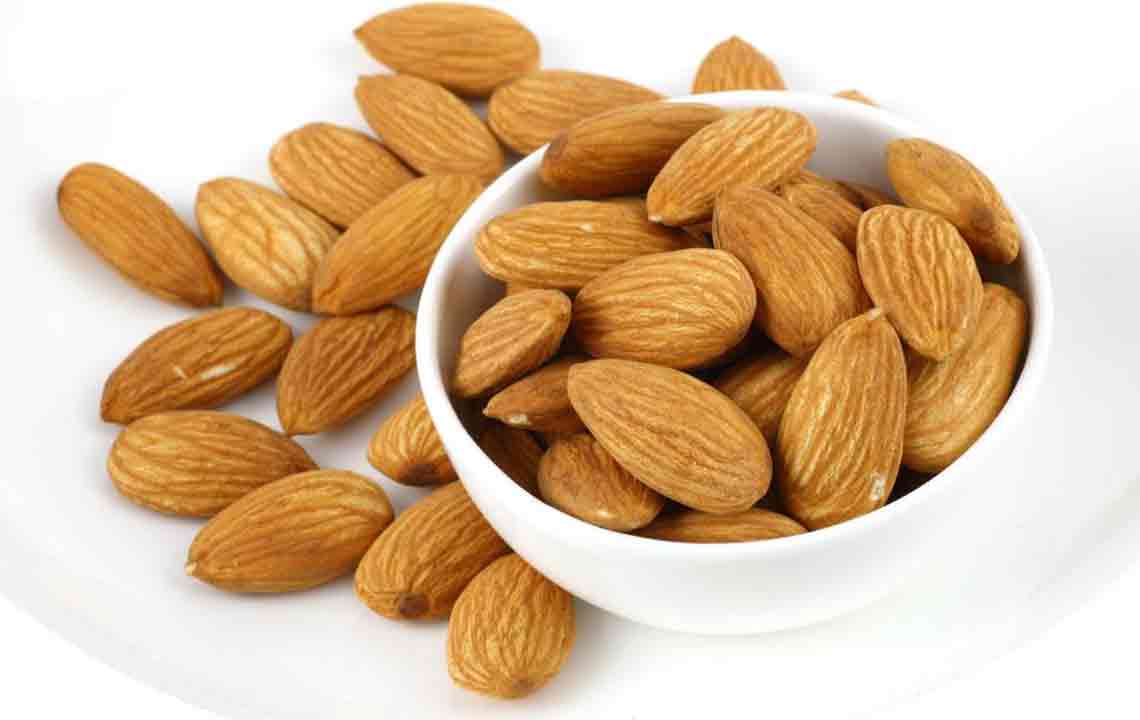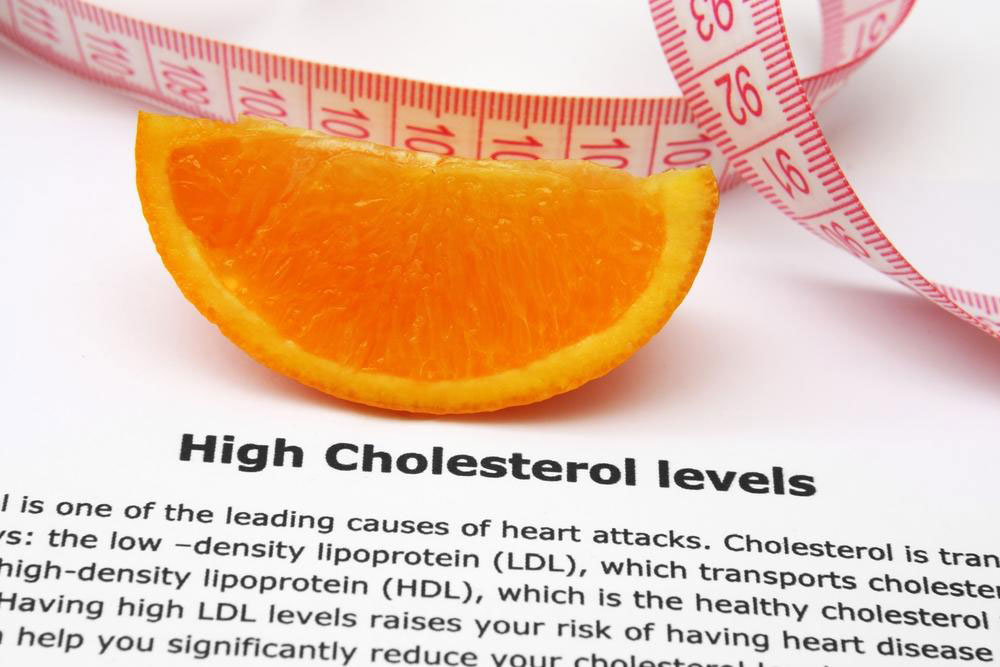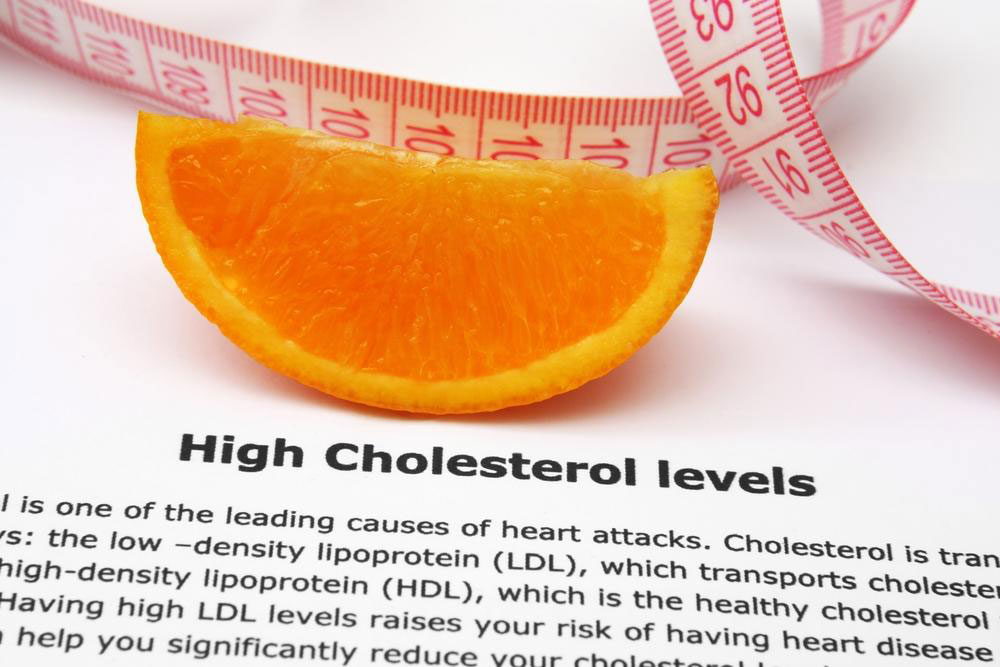Comprehensive Guide to Lowering Cholesterol Effectively for Better Heart Health
Lowering cholesterol effectively is crucial for cardiovascular health. This comprehensive guide offers lifestyle tips, dietary advice, and medical considerations to help reduce LDL and raise HDL levels naturally. Regular testing, physical activity, and proper sleep all contribute to better heart health. Consultation with healthcare professionals ensures personalized and safe treatment strategies, including supplements or medications if necessary. Implementing these evidence-based tips can prevent serious heart conditions, promote long-term wellness, and improve overall quality of life.

Comprehensive Strategies to Lower Cholesterol for Better Heart Health
Maintaining optimal health is a universal goal, yet the risk of health issues, particularly cardiovascular diseases, increases as we age. Elevated cholesterol levels are a prominent factor contributing to heart-related conditions such as heart attacks and strokes. While genetics can influence cholesterol levels, lifestyle choices are a significant determinant, especially for individuals without a family history of heart disease. By implementing targeted lifestyle modifications and understanding how to manage cholesterol naturally or with medical support, you can dramatically reduce your risk of serious health complications. A proactive approach, including dietary management, physical activity, and regular health screenings, forms the foundation of effective cholesterol control.
Lowering cholesterol levels involves a multifaceted approach that encompasses dietary changes, lifestyle adjustments, and medical interventions when necessary. This comprehensive guide provides practical, evidence-based tips to help you manage and reduce cholesterol effectively. Naturally lowering cholesterol through smart lifestyle choices can prevent the development of cardiovascular diseases, ensuring better long-term health. For personalized treatment plans, always seek advice from healthcare professionals who can tailor strategies to your specific health profile.
Limit Intake of High-Cholesterol and Saturated Fats
Reducing the consumption of foods high in saturated fats is crucial. These include butter, full-fat dairy products, processed snacks, and baked goods that contain trans fats and hydrogenated oils. Instead, opt for healthier fat sources such as olive oil, avocado, and nuts. Incorporate more natural, unprocessed foods like fruits, vegetables, and lean proteins into your diet, which can significantly help in bringing down LDL cholesterol levels. Avoidcopious intake of processed meats such as sausages, bacon, and deli meats, which are often loaded with unhealthy fats. Switching to plant-based oils, such as canola or flaxseed oil, can promote better arterial health.
Regular Blood Testing and Monitoring
Scheduling periodic blood tests is essential for tracking your cholesterol levels over time. Tests measure LDL (bad cholesterol), HDL (good cholesterol), and triglycerides, providing a comprehensive profile of your lipid health. Regular monitoring enables timely adjustments to your lifestyle or medication plan, preventing the progression of silent atherosclerosis or plaque formation. It’s advisable to work closely with your healthcare provider to interpret these results correctly and to develop a personalized plan aimed at maintaining optimal cholesterol levels for long-term heart health.
Engage in Consistent Physical Activity
Physical activity is one of the most effective natural ways to manage cholesterol. Incorporate daily exercises such as brisk walking, jogging, cycling, swimming, or strength training routines into your schedule. Regular exercise not only helps control weight but also elevates HDL cholesterol levels—the protective kind—while reducing LDL cholesterol. Exercise also improves overall cardiovascular function, blood circulation, and metabolic health. Seek guidance from fitness professionals to develop a tailored workout routine that fits your fitness level and health conditions to maximize benefits safely.
Prioritize Adequate and Restorative Sleep
Getting sufficient sleep, typically 7-8 hours per night, is vital for maintaining healthy cholesterol levels. Poor sleep patterns can lead to increased stress hormones and inflammation, which negatively affect lipid profiles. Adequate sleep supports the body’s natural repair mechanisms and helps regulate blood sugar and blood pressure, further reducing cardiovascular risks. Establishing a consistent sleep schedule, limiting screen time before bed, and creating a calming sleep environment can significantly contribute to better sleep quality and overall heart health.
Adopt a Heart-Healthy and Fiber-Rich Diet
Diet plays a pivotal role in managing cholesterol. Focus on consuming foods rich in soluble fiber such as oats, barley, beans, lentils, fruits, and vegetables. These foods help reduce LDL cholesterol by promoting its excretion from the body. Include omega-3 fatty acids from fish like salmon, mackerel, or sardines, as well as plant-based sources like walnuts, flaxseeds, and chia seeds, which can lower triglycerides and improve HDL levels. Incorporate dark leafy greens, berries, and nuts into your daily meals. Additionally, moderate egg yolk consumption, preferably with cleaner cooking methods, can be part of a balanced diet without negatively impacting cholesterol levels.
Consult Healthcare Professionals About Supplements
Some dietary supplements have been shown to assist in lowering cholesterol levels naturally. Plant sterols and stanols, found in certain fortified foods and supplements, block cholesterol absorption in the intestines. Red yeast rice has been used traditionally for cholesterol management, but it should only be taken under medical supervision due to potential side effects. Vitamin D3 supplementation may also support cardiovascular health in deficient individuals. Always consult your healthcare provider before introducing any supplements into your routine to ensure safety and appropriate dosing.
Be Aware of Potential Medication Side Effects
When lifestyle changes are insufficient, doctors may prescribe medications such as statins, niacin, or fibrates to help lower cholesterol levels. While effective, these drugs may cause side effects like muscle pain, digestive upset, or allergic reactions. It is important to discuss any concerns with your healthcare provider and to follow prescribed regimens carefully. Regular monitoring during medication therapy ensures optimal effect and minimizes adverse effects. Do not initiate or discontinue medication without professional guidance, and combine these treatments with lifestyle changes for the best outcomes.





